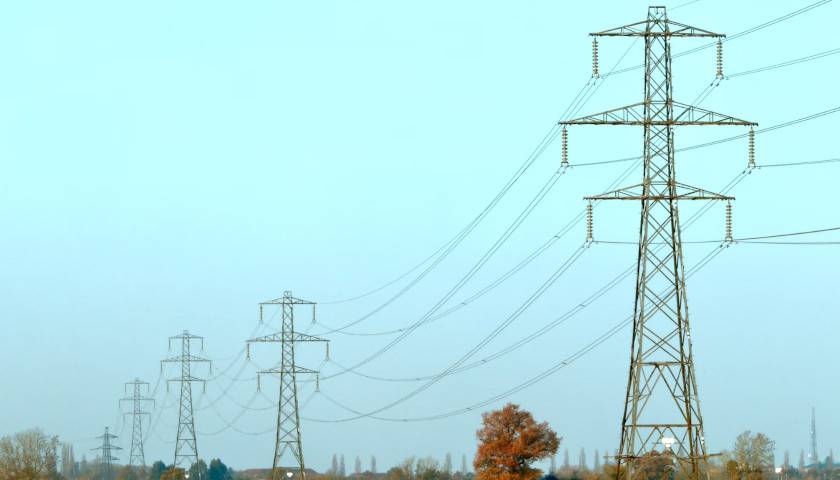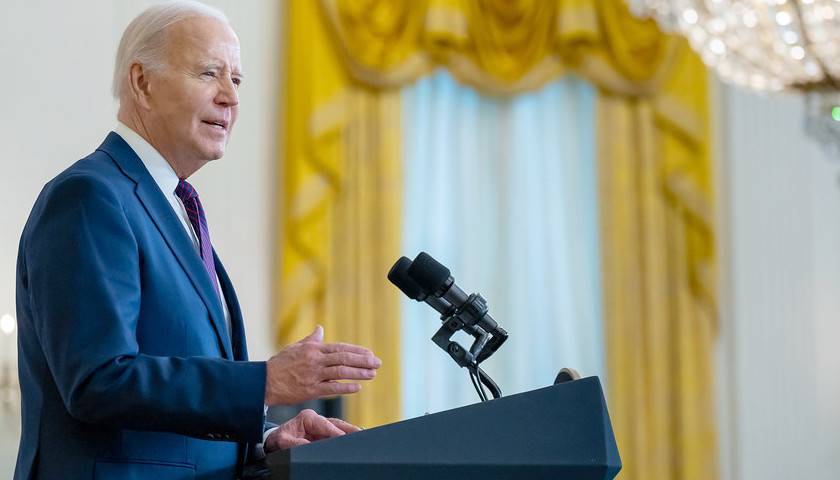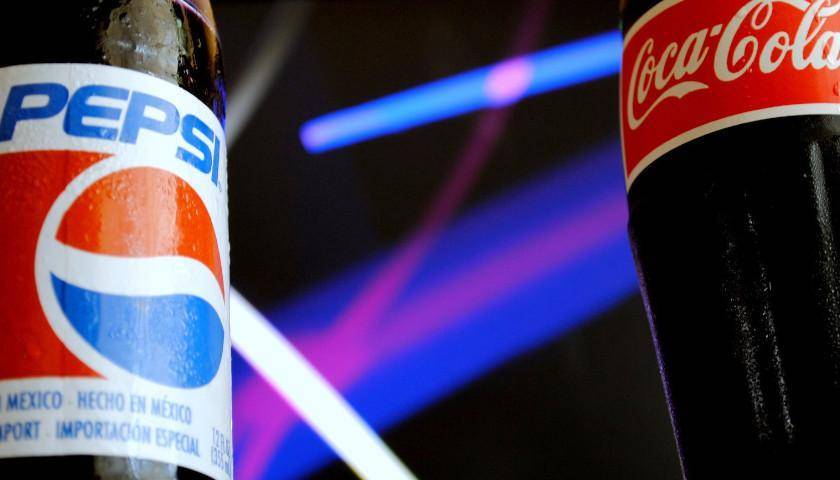Consumers are right to be dissatisfied with the current state of the economy despite claims of a booming economy from U.S. officials and the media, experts told the Daily Caller News Foundation.
Consumer sentiment, meaning Americans perception of the economy, is expected to improve in December following a mid-month reading of 69.7 index points, which is far from the high under Biden of 88.3 in April 2021 and even further from the 90 to 100 range that was common during the Trump presidency, according to the University of Michigan’s Survey of Consumers. Politicians and the media have insisted that consumers are wrong to be unenthusiastic about the state of the economy, but experts told the DCNF that consumer perceptions are more in line with the true state of the country.
Read More




